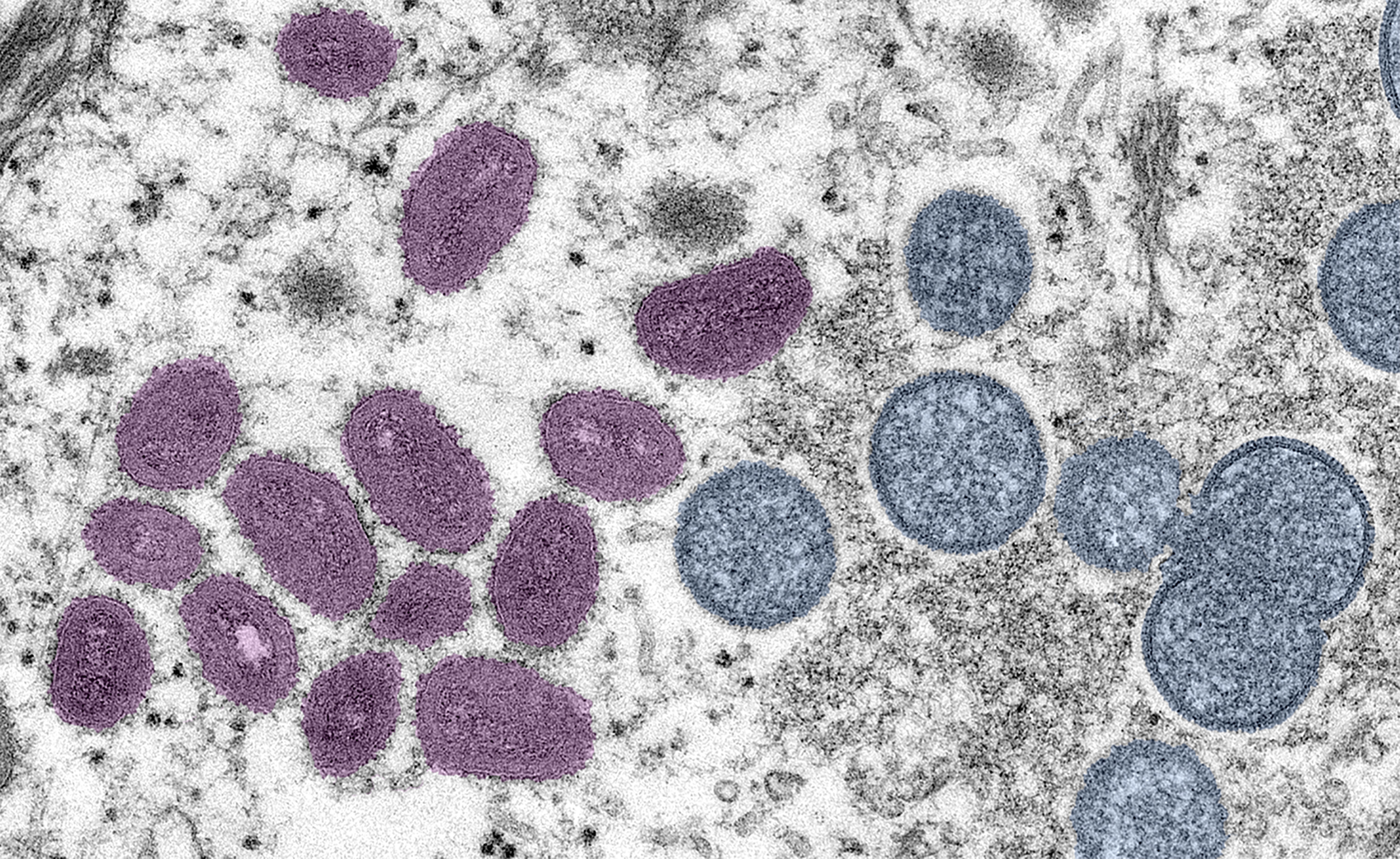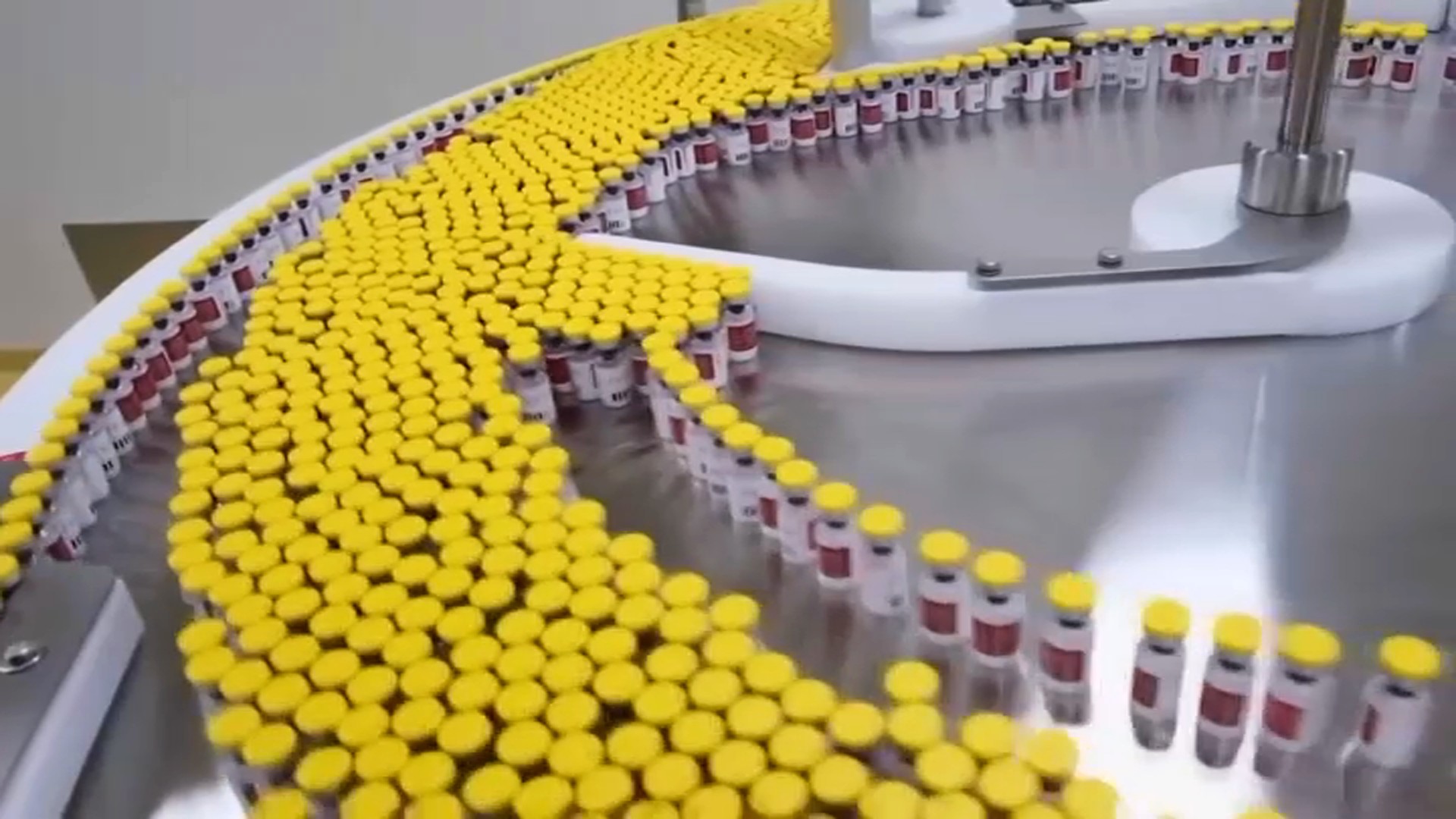What to Know
- NYC Mayor Eric Adams issued an executive order earlier this week declaring a local state of emergency in response to the monkeypox outbreak, as the five boroughs have become the epicenter of another health crisis
- With at least 1,630 cases and likely many more, NYC accounts for 25% of America's largest-ever monkeypox outbreak. Nearly half of the cases are in Manhattan and in the last weekly demographics update, the number of infected people who identify themselves as heterosexual doubled
- The number of cases among women tripled, NYC data shows, while cases involving Black and Latino people soared 71%, far outpacing the growth of cases among white people
New York City is set to open another 23,000 monkeypox vaccine appointments later Thursday, and while all-too-familiar technical glitches that impaired the rollout early on appear resolved, the outbreak continues to expand. (Here's where to check for appointments when they open at 6 p.m. ET.)
As of the latest report, the five boroughs have reported 1,630 monkeypox cases, a widely believed well-underreported number that accounts for 25% of the CDC's also likely underreported 6,617 -- and rapidly growing -- national case count.
Mayor Eric Adams declared a local state of emergency in response to the ballooning New York City outbreak earlier this week, which expands his emergency powers should additional executive measures be needed to control the viral spread.
Get Tri-state area news and weather forecasts to your inbox. Sign up for NBC New York newsletters.
"We are continuing to see the numbers rise," the Democrat said in Monday's announcement. "This order will bolster our existing efforts to educate, vaccinate, test, and treat as many New Yorkers as possible and ensure a whole-of-government response to this outbreak. In partnership with federal, state, and local officials we will continue to respond with the urgency required to keep people safe and this order is another tool to help us do so."
The city updated its weekly demographic data on Thursday, showing the number of infected women tripled from last week, while the number of infected people who identify themselves as heterosexual doubled. The number of Black and Latino people infected grew 71%, far outpacing the growth of cases among white people. That said, men still make up 98.1% of the cases where gender is known, and among those who disclosed their sexuality, 96% identified as LGBTQ+.
Manhattan is reporting more than double the cases (759) of the next closest borough (Brooklyn, 374), and accounts for 47% of New York City's monkeypox outbreak.
A citywide public health emergency over the still-spreading disease took effect Saturday, a day after Gov. Kathy Hochul's administration issued both state and public health emergency orders for monkeypox.
If that feels redundant, it's not.
By federal regulation, public health emergencies may be warranted when a) a disease or disorder presents a critical public health threat or b) that a public health emergency, including significant outbreaks of infectious diseases or bioterrorist attacks, otherwise exists. They can be issued at local, state and federal levels. States of emergency can, too.
State-issued emergency orders supersede local ones, and federal ones supersede state, but in the event of viable legal challenges or no superseding protections, local emergency orders empower municipalities like New York City to adapt to the threat more aggressively and in a more all-encompassing manner.
States of emergency essentially drastically expand access to aid for a crisis -- in this case, allowing New York to get more monkeypox vaccine doses faster and seek additional state and federal assistance via funding, personnel or other means. They also allow governments to suspend local laws and enact rules as needed to curb the threat, monkeypox in this case.
Public health emergency orders are issued by departments of health and allow governments to amend health code provisions to implement measures like the still-in-effect COVID mandates to curb viral spread. The source of the order, the health department versus the governor's office, is critically important from a legal perspective.
That's the reason former Mayor Bill de Blasio was adamant his citywide worker vaccine mandate would hold up when federal ones did not. There is a "legal right of the health commissioner to keep the people of this city safe," de Blasio and his counsel said in December when he announced that mandate.
The declarations last through the emergency or for 90 days unless they are extended.
At the state level, Hochul's emergency declaration also allows more healthcare professionals to administer monkeypox vaccines. Groups like EMS, pharmacists and midwives who aren't typically permitted to administer vaccinations can do so to expedite access as was done with COVID earlier in the pandemic. It facilitates re-supply efforts as well.
Only two U.S. states -- Wyoming and Montana -- have yet to report a monkeypox case to the CDC, with Vermont reporting its first case this week. That doesn't mean the disease isn't spreading, though.
Last week, Dr. Anthony Fauci called the outbreak a "serious problem." He said the White House was considering creating a monkeypox coordinator role similar to its COVID one to streamline response, distribution and other outreach efforts.
MONKEYPOX IN NYC
How to Prevent Monkeypox
The New York State Department of Health listed steps people should take in order to help prevent the spread of monkeypox:
• Ask sexual partners whether they have a rash or other symptoms consistent with monkeypox.
• Avoid skin-to-skin contact with someone who has a rash or other monkeypox-related symptoms.
• Contact a healthcare provider following exposure or symptoms, and check with your local county health department about vaccine eligibility.
• New Yorkers who receive the JYNNEOS vaccine should receive both doses, given four weeks apart, and stay vigilant until fully vaccinated, two weeks following the second dose.
• If you or your healthcare provider suspect you may have monkeypox, isolate at home. If you can, stay in a separate area from other family members and pets.
• Follow reputable sources of health information, including NYSDOH, CDC, and your local county health department.




